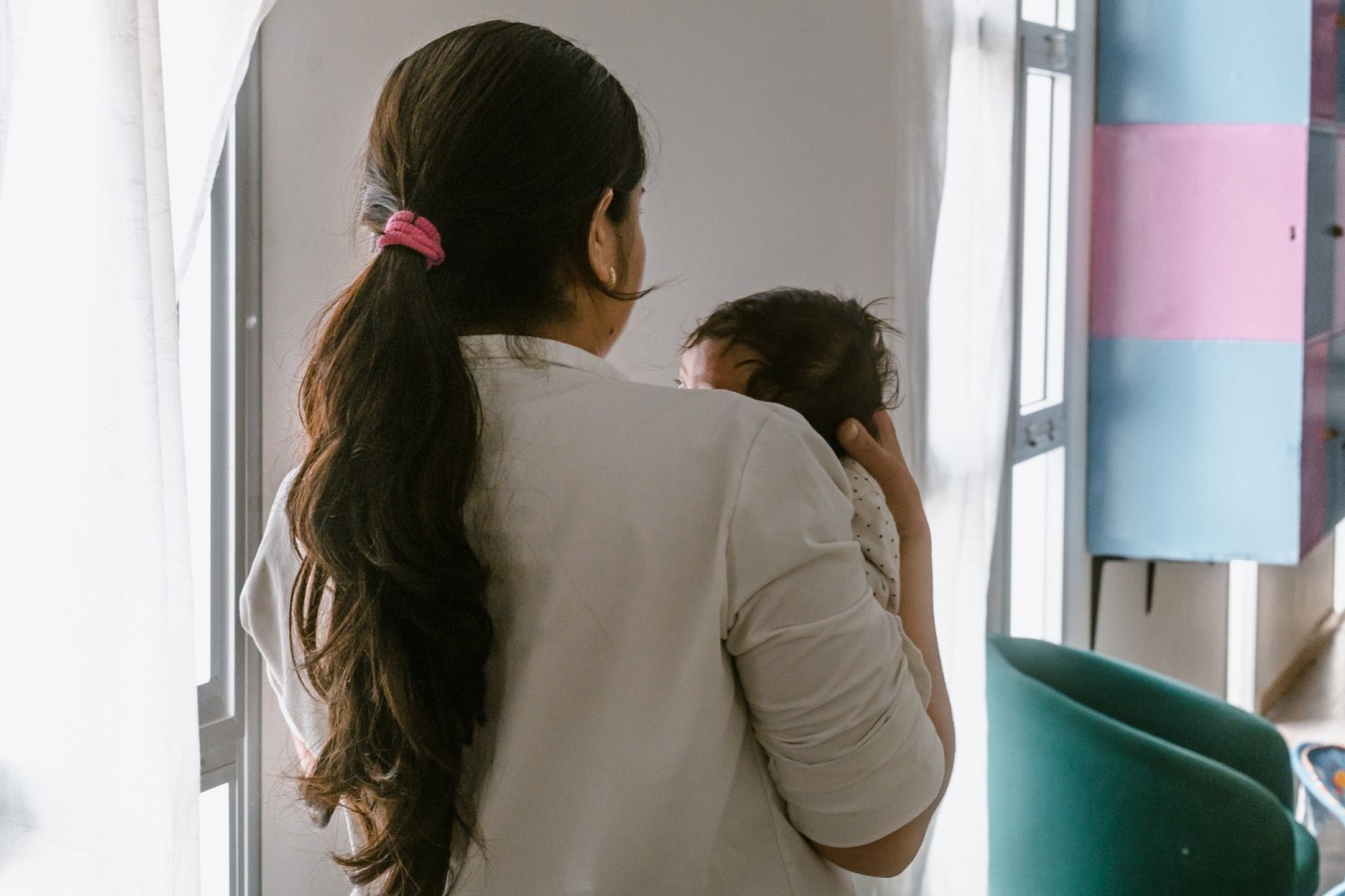Morocco
This page has been automatically translated. The German version is authoritative. Thank you for your understanding.
Frieda works with local partner organisations in Morocco to support victims of gender-based violence and to promote the social, economic and political participation of women and young people.
The socio-economic situation in Morocco is tense. The population is young and unemployment is above average. A large proportion of the population works in precarious and informal jobs and has fluctuating incomes. This particularly affects young people and women, many of whom are economically dependent on their families. The consequences of the earthquake of the century in 2023 are still visible and tangible.
Despite legal reforms, gender equality has not been achieved. Support for the many victims of gender-based violence is often underfunded. Prosecution is inadequate and society stigmatises those affected. After years of persistent campaigning by women's rights organisations, comprehensive legal equality reforms are pending. Frieda has been supporting victims of gender-based violence since 2000.
![chams_marokko_2_2020_lamia_naji_5[1].png](/en/img/asset/YXNzZXRzLzAyX2xhZW5kZXIvMDNfbWFyb2trby9jaGFtcy9jaGFtc19tYXJva2tvXzJfMjAyMF9sYW1pYV9uYWppXzVbMV0ucG5n/chams_marokko_2_2020_lamia_naji_5%5B1%5D.png?w=2400&h=1600&s=cc4836d2be457667a4240548d6778212)
Situation of the project participants
70% of Moroccan women experience gender-based violence and discrimination. Those affected by intersectional discrimination, such as sex workers, domestic and foreign migrants and single mothers, are particularly vulnerable. Many find themselves in a relationship of dependency that restricts their room for manoeuvre. Experiences of violence and discrimination have a significant impact on women's physical and mental health. Support services are rare and often difficult to access.
Young people in Morocco also face structural challenges. In 2023, over 1.5 million young people were neither in school nor in training or gainful employment. Young women are even more likely to be unemployed than young men. Without a job or income, they are often socially excluded and have low self-esteem.

Frieda programme
To give women and young people in Morocco prospects, our partner organisations work in the areas of income generation and vocational training, protection from gender-based violence and the promotion of non-violent coexistence. They work on the basis of human rights in a gender-transformative, systemic and conflict-sensitive manner.
In the projects, the participants strengthen their social skills and acquire knowledge about human and women's rights. The aim is to enable women and young people to voice their concerns, demand their rights and thus actively participate in social change. Victims of violence receive protection and psychosocial and legal support. Frieda's partner organisations also offer vocational training.
At a community level, the partner organisations work with the project participants to raise awareness of gender equality in their social environment. In safe spaces, participants can share their experiences and strengthen networks. On a structural level, Frieda's partner organisations fight for legal reforms and the enforcement of existing laws. They sensitise authorities and the public to the problems faced by project participants.

![chams_marokko_2020_lamia_naji_7[1].png](/en/img/asset/YXNzZXRzLzAyX2xhZW5kZXIvMDNfbWFyb2trby9jaGFtcy9jaGFtc19tYXJva2tvXzIwMjBfbGFtaWFfbmFqaV83WzFdLnBuZw/chams_marokko_2020_lamia_naji_7%5B1%5D.png?w=2400&h=3200&s=214577c097920044b25ea093589a5c2e)


